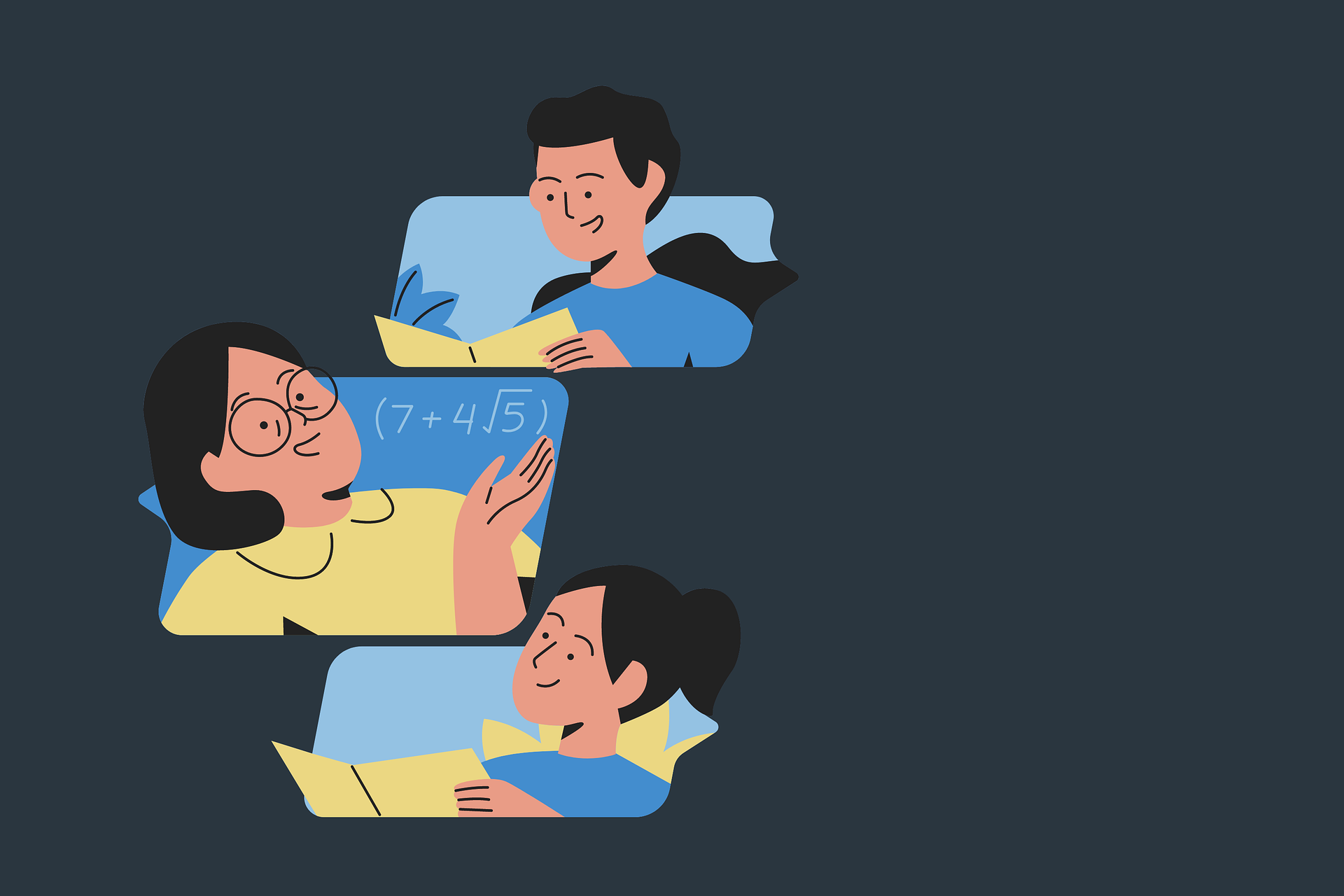Survey reveals unequal access to remote learning for Greek children during pandemic
Eurochild Greek member Network of Children’s Rights have published a research report on distance learning during COVID.
The questionnaire started in March 2020 as Greek schools across the country stopped in-class lessons and switched to remote learning for the majority of the 2020-2021 school year. The purpose of the questionnaire was to collect data and communicate the findings that emerged upon completion of the research.
A large number of children were deprived of access to education for a long time. In addition to the existing discrimination based on ethnicity or language, new factors of exclusion from education were added, in particular the lack of appropriate technological equipment and internet access, as well as the individual difficulties that children and their families were faced with in conditions of inclusion.
Although a large percentage of the parents who participated in the survey rated their cooperation with the school positively, most of them did not receive equipment from the school and did not have frequent contact with the teachers.
Thousands of children of all ages living in refugee accommodation structures throughout Greece did not participate in remote learning. Students who live in refugee accommodation structures and participated in remote learning used mainly mobile phones and to a lesser extent computers, while only half of the respondents answered that children used a stable internet line.
Read the summary of the results (in EN)




